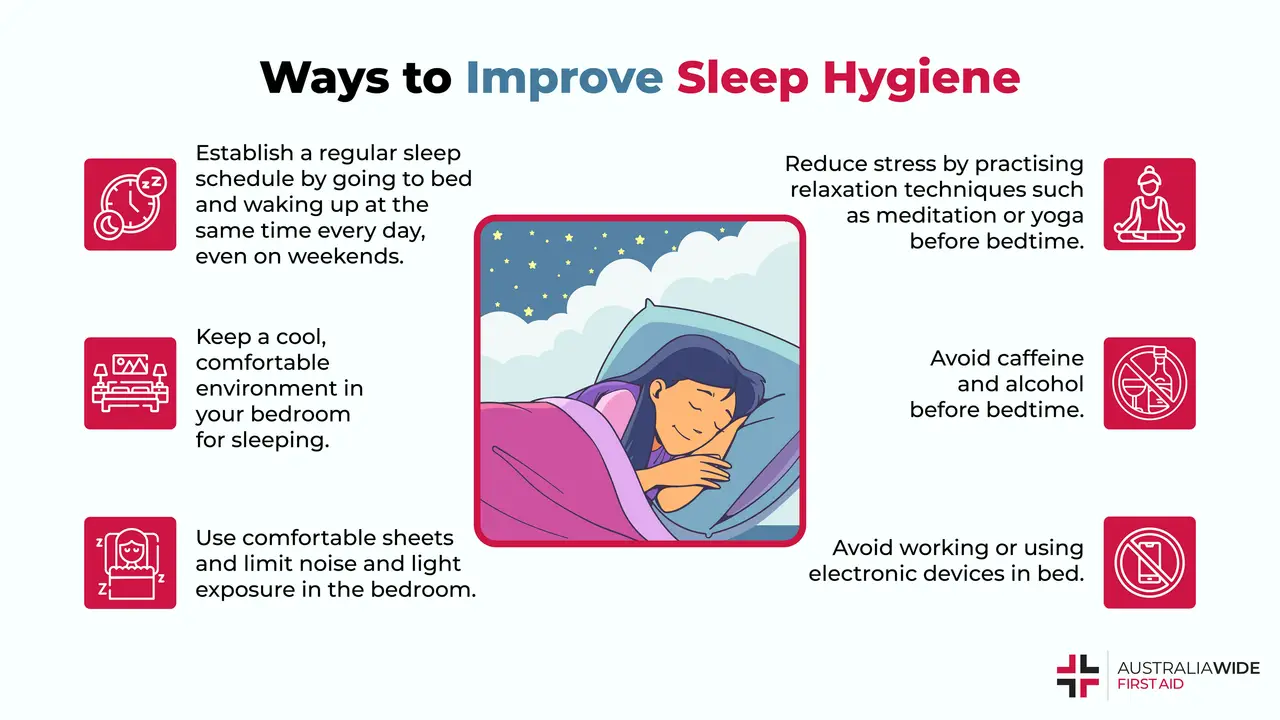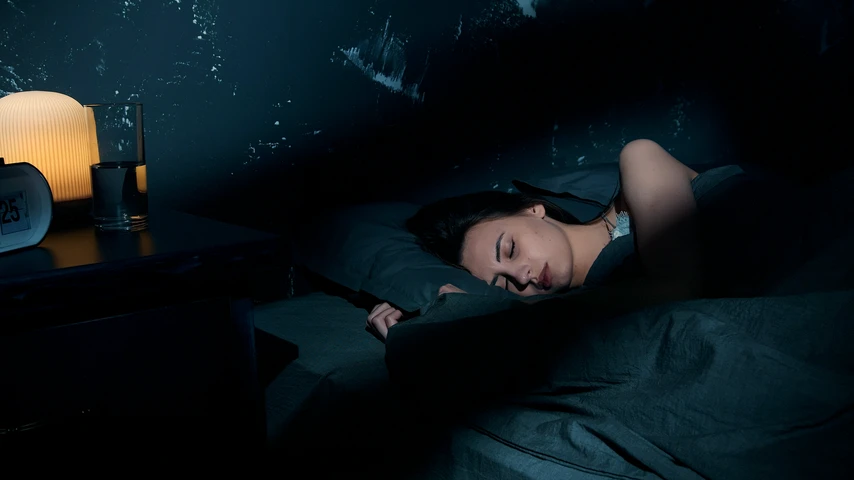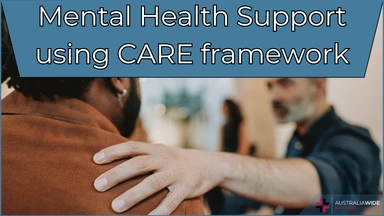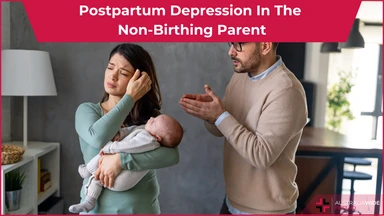Mental Health and Sleep: The Connection


Most people know that getting a good night’s sleep is important for your mental health, but what many people don’t know is that Mental Health can also have a big impact on sleep.
In fact, one of the most common symptoms of Mental Health issues is difficulty sleeping.
This can manifest in a number of ways, from insomnia and restless sleep to excessive tiredness during the day.
There are three types of sleep disturbances that can be caused by Mental Health problems:
There is a strong link between Mental Health and sleep because they both affect the brain.
Mental Health problems can cause changes in the brain that make it difficult to sleep, and sleep problems can worsen Mental Health problems.
For example, insomnia can cause anxiety and depression, and anxiety and depression can cause insomnia.
Mental Health can affect sleep in a number of ways:
There are many Mental Health issues that can interfere with sleep, but some of the most common are:

Sleep is essential for our Mental Health for a number of reasons. Firstly, it gives our brains a chance to rest and repair.
During sleep, our brains are able to process information and store memories more effectively. Secondly, sleep helps to regulate our moods. Lack of sleep can lead to irritability, anxiety and depression. Finally, sleep deprivation can impact the immune system, making us more susceptible to physical illnesses.
Sleep also has a strong impact on Mental Health:
Good sleep hygiene is essential for a good night's sleep. But what is sleep hygiene, and why is it so important?
Sleep hygiene is the term used to describe the habits and practices that are necessary to have good quality sleep. Poor sleep hygiene can lead to difficulty falling asleep, restless sleep, and daytime fatigue.
There are a number of ways to build positive sleep hygiene:
Education bridges the gap between misunderstanding and empathy in mental health. When we lack proper education, stigmas thrive, and those in need may suffer in silence.
Just as we prioritise physical health, mental health deserves equal attention. Learning to spot the warning signs of mental health challenges early can lead to timely intervention, often preventing crises that could have severe consequences.
A Mental Health Support Course empowers you to recognise and respond effectively to those who may be experiencing difficulties, offering them the care they need to recover.
Mental Health and sleep are closely linked. Mental Health problems can cause changes in the brain that make it difficult to sleep, and sleep problems can worsen Mental Health problems.
There are a number of ways to build positive sleep hygiene, which can help improve Mental Health and sleep. If you are struggling to sleep, seek professional help.
And to learn how to confidently and effectively assist those in a health crisis, book a First Aid course with us today.

February 18, 2025
Mental health can be influenced by every aspect of our lives, and the weather is no exception. In places closer to the equator with humid environments, like Darwin here in Australia, the onset of monsoon season can see people suffer from a tropical seasonal affective disorder known as ‘mango madness’.

January 16, 2025
Mental health crises can occur unexpectedly, and knowing how to respond effectively can make a significant difference. The CARE framework is an easy-to-remember guide for offering support during a mental health crisis. It is also applicable if you think you might be seeing signs and symptoms of low mental health in a loved one, friend, or colleague.

June 3, 2024
New parents, both birthing and non-birthing, can develop postpartum depression. Birthing parents are easily recognized as being at risk for postpartum depression; however, it is important to acknowledge that non-birthing parents are equally susceptible to experiencing postpartum depression.